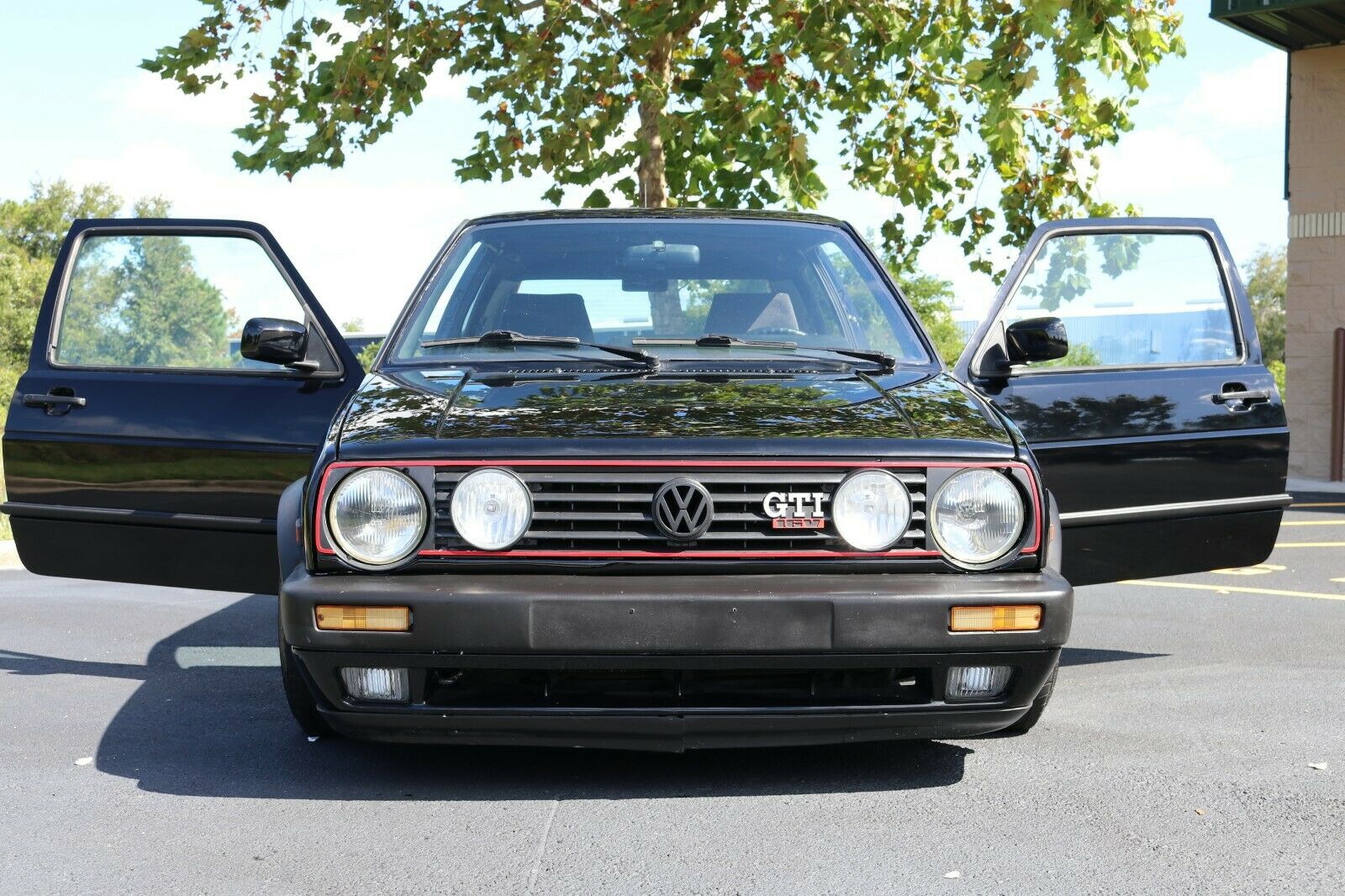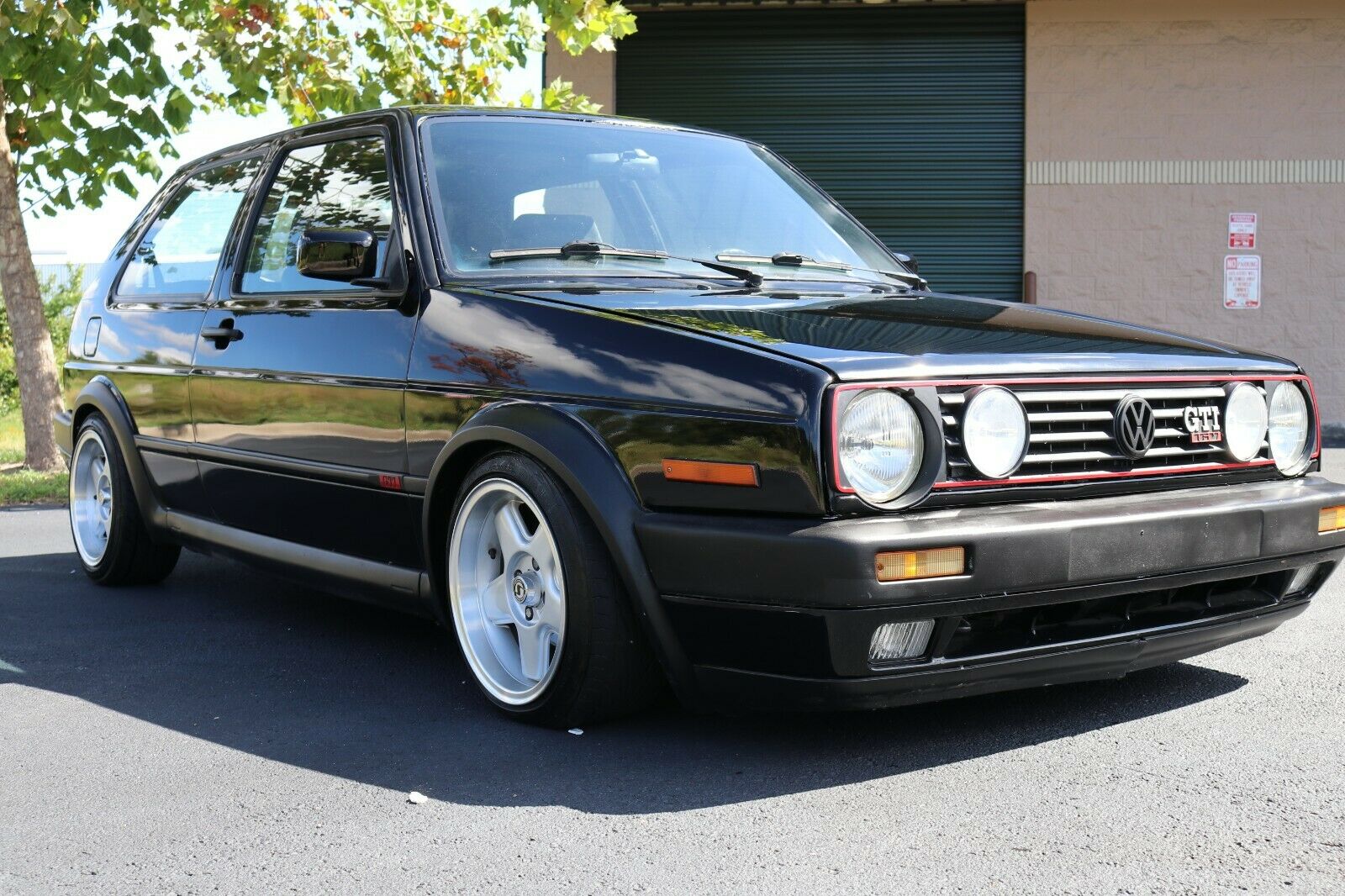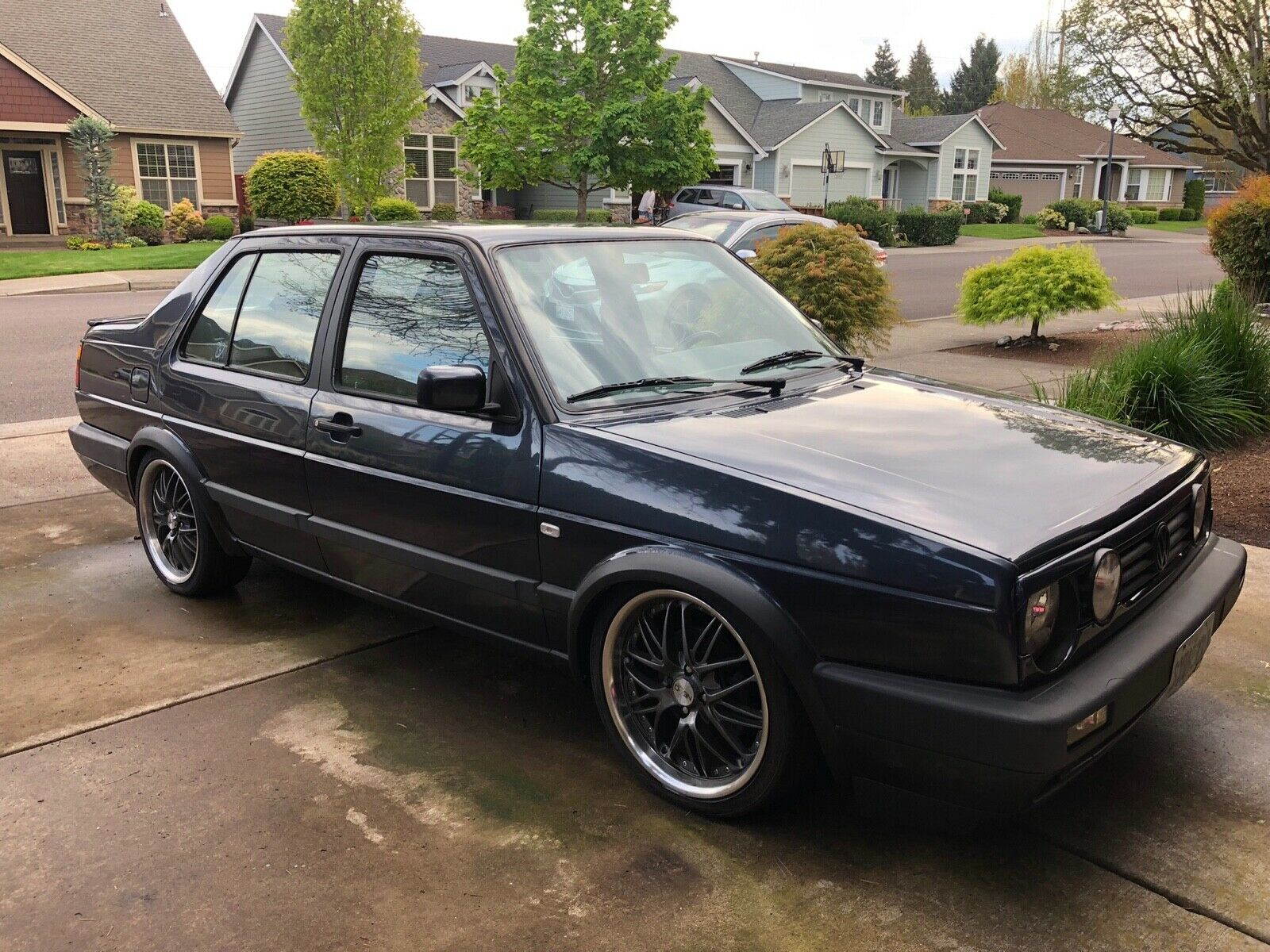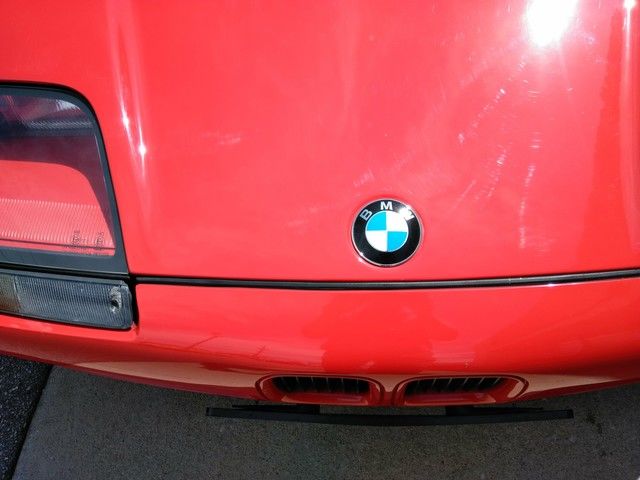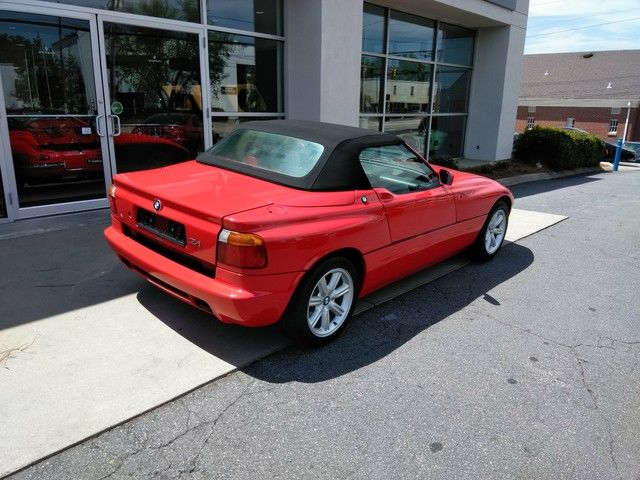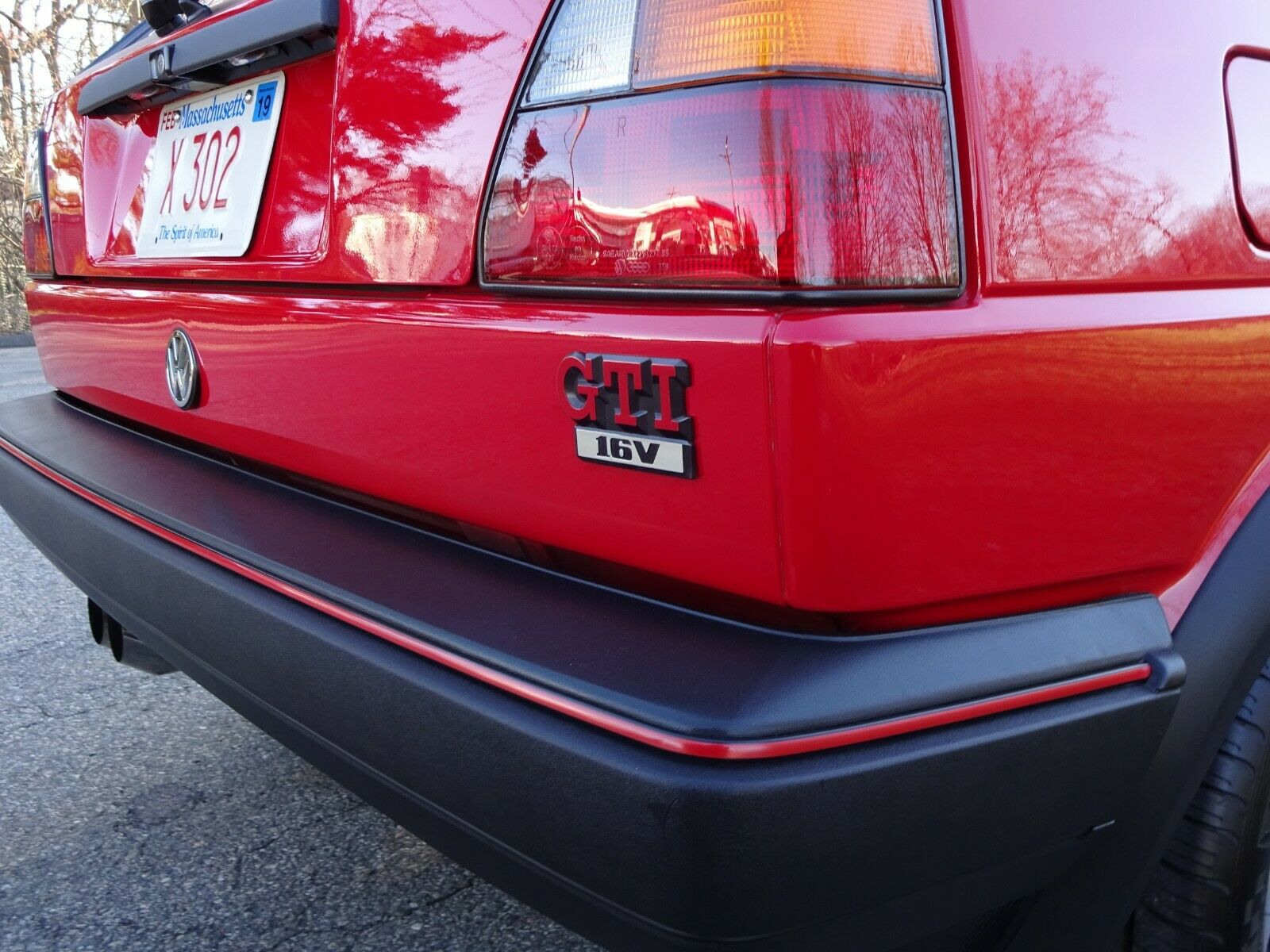For some, the A2 is a religion and the GTI 16V is their prophet. Being that it’s the Christian Sabbath today (observed, at least – forget for a moment that it’s supposed to be Saturday!) I thought I’d take a look at a chosen few. The other meaning of sabbath, interestingly, is a meeting of witches with the Devil at midnight. Perhaps that’s more appropriate for these hot hatches, all of whom have a slightly evil temper and love mischief? Regardless, in the wake of the Rallye-inspired Golf this interesting trio of what were once original GTI 16Vs popped up, and all are worthy of a look. They range from mild to wild both in terms of mods and price. Are any of them winners?
Tag: 1989
BMW took a big leap at the end of the 1980s and introduced some pretty extreme design language. First was the E31 8-series, a seeming quantum leap from the outgoing 6-series. That chassis pioneered, for better or worse, a tremendous amount of technical and electronic innovation for BMW. The 8s relied on a bevy of computers to control its chassis, electronic suite and engine. Side by side with the more famous Grand Tourer though was a diminutive roadster BMW produced based heavily on the E30 chassis. Instead of a heavy reliance on computer technology, the futuristic (hence Z for the German word for future – Zukunft) plastic bodied Z1 looked like a supercar even if it didn’t go like one. Park one next to a E30 convertible and you’d never know the two are related!
The Z1 was a complete departure for BMW; while they were not strangers to small cabriolets, their previous efforts were in the 1930s with the 315/1 and the 1960s with the 700. BMW went away from the idea of an integral body and frame to a separate chassis with removable, plastic body pieces. The idea was that the owners could replace the panels themselves to “repaint” the car with minimal effort. It was something the Smart car would be notable for – a car that launched a decade following the Z1. To get the paint to adhere to the bodywork, BMW had to partner with AZKO coatings to develop a flexible paint which they termed ‘Varioflex’, while the bodywork had to be attached using a unique elastic joint technique. The doors didn’t open out – the slid down into the supporting chassis structure. The underbody was flat, not only for aerodynamics, but the tray turned into a diffuser towards the back, assisting in sticking the rear to the ground as speeds rose. In front was nothing new – the venerable M20 from the E30 popped up here, too – but in the rear the Z1 was new with a multi-link rear axle of its own. This new design would later be incorporated into the E36. It’s interesting that with the Z3 BMW opted to go the opposite route and incorporate earlier E30 pieces into the rear of the /7 and /8. While performance was relatively leisurely, the Z1 nevertheless garnered praise for its innovation, unique design and great looks. They never made it to U.S. shores and only around 8,000 examples were ever produced, but a few have crossed the Atlantic now that they’re old enough to be more easily imported:
CLICK FOR DETAILS: 1989 BMW Z1 on eBay
1 CommentI’m sure you’ve heard the idiom “lightning doesn’t strike the same place twice“.
It’s wrong.
In fact, it’s fairly common for lightning to strike the same place twice. Check out tall buildings, for example. Still, humans like to think that the odds of a rare event happening twice in a short amount of time are statistically very low. And, if I’m honest, I’m not immune to that belief. That brings us today’s Volkswagen. If this 1989 GTI 16V looks familiar, you’d be forgiven for thinking I just covered it. I, too, thought it was the same car I looked at back in February.
After all, what is the statistical probability of coming across another perfect condition, LY3D Tornado Red 1989 GTI 16V after seeing one just two months ago? Apparently it is quite good. Because while they look similar and both in impossibly good condition, February’s VIN was 1VWDC0179KV009402 while today’s is 1VWDC0176KV016260. The last one sold at $8,322 – frankly, quite a deal for what that car was. Today you’ve got a second chance if you missed out – but you’ll need to bring more money to the table…
CLICK FOR DETAILS: 1989 Volkswagen GTI 16V on eBay
6 CommentsUpdate 4/20/19: This GTI 16V sold for $8,322.
Remember what I just said about being at the mercy of what’s available? So here comes another Volkswagen, but I promise this one won’t disappoint. That’s because unlike the other examples which were fringe favorites, here’s the bad boy everyone wants – the GTI 16V.
For 1987, Volkswagen brought its development of the EA827 inline-4 (the “PL”) to the Golf. Already in the Scirocco, it boasted 16 valves, 10:1 compression, KE-Jetronic injection and 123 horsepower. That was over a 20% jump in power, and mated to a close-ratio 5-speed manual it more than made up for the additional heft of the A2 compared to the A1.
To help differentiate its new engine, and because it was initially run alongside the 8V model, several styling cues were added to the 16V. Shared with the Scirocco, the easiest to spot were the “Silverstone” (Teardrop) alloys that would be the signature of the 16Vs for the next few years. Less noticeable were minor changes; painted lower valances and a deeper front lip spoiler, a relocated Fuba antenna now residing on the roof, and of course 16V badges and red stripes throughout. The 16V also got a special leatherette interior and beefy 205-55-VR14 Pirelli P600 tires.
Over the subsequent two years there weren’t many changes to the GTI 16V outside of the “big door” single pane glass change and revised grill of all A2s in ’88, as it’d undergo a major overhaul and bump in displacement for the ’90 model year. This particular GTI is also unique as one of the very last Westmoreland built GTIs, as production closed in ’88 and shifted to Puebla. And this ’89 must certainly be one of the best left out there:
